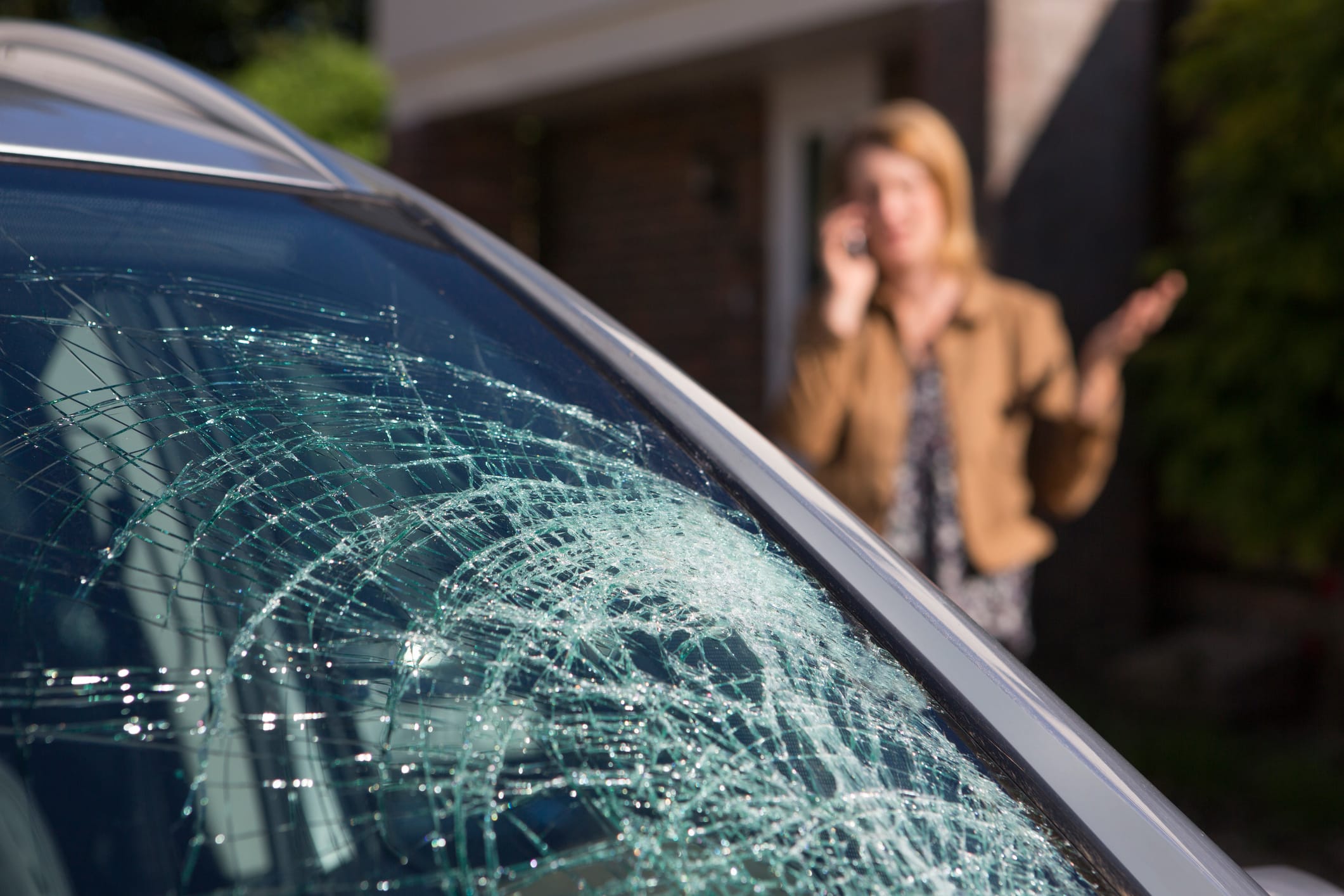Accidents happen almost daily in busy Boston neighborhoods like Southie, Dorchester, Back Bay, and along the Mass Pike—and they can be devastating. In just seconds, your world can be flipped upside down. You may be facing painful injuries, time away from work, and mounting medical bills. To make matters worse, your insurance claim may be denied or underpaid, leaving you overwhelmed and unsure of where to turn.
You may be entitled to more than the insurance company is offering, and Attorney Jim Glaser is here to help. He’s represented injured people across Boston and Massachusetts, making sure they’re not taken advantage of after a serious accident.
Contact us today or fill out our quick online form for a free consultation with a trusted Boston car accident lawyer. Let us fight for the full compensation you may deserve while you focus on healing.


